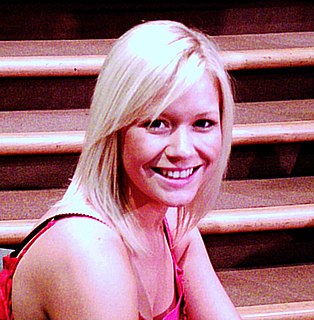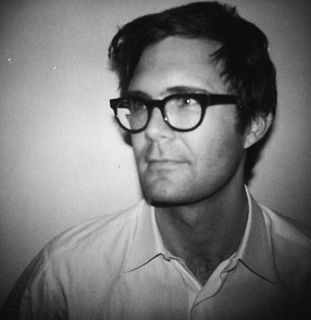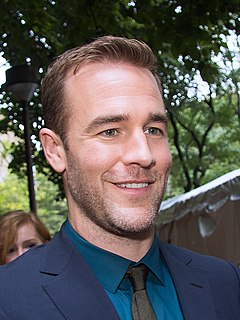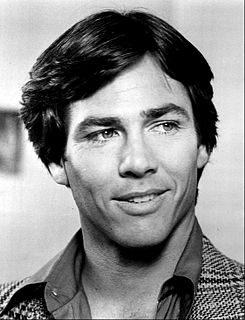A Quote by Miguel Sapochnik
I try to approach all episodic work the same. No matter the content. I look for a dramatic or emotional spine to the story I'm telling, something that stands out to me thematically about the episode and its relationship to the rest of the season/series.
Related Quotes
We do want the freedom to move scenes from episode to episode to episode. And we do want the freedom to move writing from episode to episode to episode, because as it starts to come in and as you start to look at it as a five-hour movie just like you would in a two-hour movie, move a scene from the first 30 minutes to maybe 50 minutes in. In a streaming series, you would now be in a different episode. It's so complicated, and we're so still using the rules that were built for episodic television that we're really trying to figure it out.
I've had to try and find a way over the years of writing narratively that doesn't really require you to sit down and work out what the story's about. You're brought into a sort of sequence of images that have that emotional resonance, but it's kind of irrelevant what the actual story is. It's taken me maybe 13 albums or something to work that out.
Pretty much every show that comes on, I'll try to watch at least one episode of it. For me, there are three different levels. I watch the first episode, and if I love it, I'm lockin' it in for the rest of the season. If I'm not too sure about it, I will maybe tune in the next week. It it's just terrible, then I'm done.
A certain month or a certain season can elicit a certain emotional response. That is certainly true for anyone who has a negative anniversary on their calendar, the approach of that month brings the feeling of being very much back in another room. It is a time that stands outside the rest of the year.
I don't know what story y'all trying to get out of me. I don't know what image y'all trying to portray of me. But it don't matter what y'all think, what y'all say about me because when I go home at night, the same people that I look in the face - my family that I love, that's all that really matter to me.
The seminal elements of what makes a story great - challenge, struggle, resolution - are the same whether we're talking about story content for a movie such as 'Rain Man,' or telling a purposeful story to forge new business relationships or conclude a fruitful transaction, such as acquiring an NBA franchise.
I've gotten a little superstitious about listening to music when I write. Once a story is going somewhere, I keep listening to the same music whenever I work on that story. It seems to help me keep in voice, and alternatively, if I need to make some kind of dramatic shift, I'll go and put on something different to shake myself awake...
I have a gut reaction to stuff that I read. Either it's a filmmaker that I really want to work with, or it's a story that I really want to be a part of and help serve, or there's a character that I feel I can bring something unique to. That's really what it's about. I would go crazy, if I just relied on the same tricks and did the same thing, all the time. It was just be no fun, at all. I really do need to try something different, every time out, and do something that scares me, a little bit.
I am wary of repeating myself too much. In this age of Netflix, as a Netflix show, if you want to go back and watch a season 1 episode, you can do that easily. I'm not interested in repeating the same story beats over and over and over again. But part of the truth of BoJack story is about how much he repeats himself and these patterns that are difficult to get out of. I'm trying not to be evasive about that. I'm not using that as an excuse. I think that's convenient to fall back on as a TV writer: "Oh, it's a show about stagnation."
None of our films look alike, we are very dialectical in our approach to each one, and 'Hoop Dreams' was no exception. That's what I love about documentary filmmaking, we never know where the story is going, we don't know what is going to happen next, and we're inside a culture of people that you have to figure out in many ways. It's a relationship between what you thought might have been the story, and what happens in the 'field.' Out of that comes the story, which was exactly what happened with 'Hoop Dreams.'






































